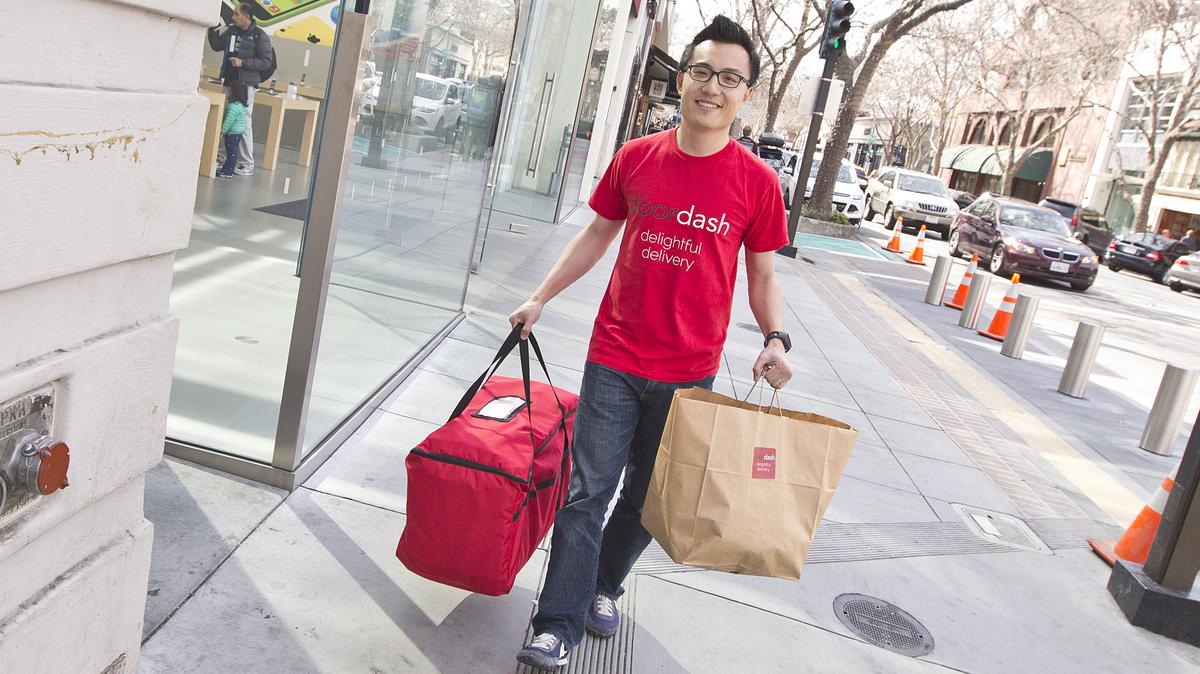
When Alice* started as an “independent fashion consultant” with LuLaRoe, she wanted to be able to earn an income while working at home caring for her young son. But soon she found herself ignoring him to keep the business afloat.
Her business soon grew so successfully that her inventory took over half of the first floor of her home to accommodate the dresses, leggings, and more she sold for the company. Her family’s entire lives revolved around everything Alice had to do to keep the income rolling: answering customer questions, taking inventory photos, invoicing, shipping, and more.
“I dropped everything for LuLaRoe,” she told me. “Short-term sacrifice for long-term gain. All for nothing.” Her sales have now dropped more than 75 percent from their peak. Alice and her husband now find themselves unable to make payments on loans they contracted during the LLR “boom.” They fear they will be unable to afford payments on their mortgage, car, and more. Sadly, they are not alone.
There’s Been Lots to Love About LuLaRoe
LuLaRoe, or LLR, is a multi-level marketing company with a “head office” based in California started by a Mormon couple, DeAnne and Mark Stidham. The clothing is modest: no sleeveless dresses, and the hemlines are such that women don’t have to fear exposing themselves when they bend over to pick up a toy or kid. They are sold by moms and marketed to moms.
I wore the frocks a great deal while pregnant recently. The clothes fit and were far more stylish than many of the offerings in maternity shops. In my first weeks postpartum I found the shirts, dresses, and skirts don’t look like potato sacks; the fabric had give and the colorful patterns helped hide my baby weight. The ability to find clothing to fit any body type, with models reflecting the images of its customer base, greatly appealed to women on both sides of the transaction who felt as though they were buying from a company that valued all women, not just those in a size 0.
Over the last several months, however, I noticed almost all of the LLR groups I was a member of on Facebook (where they are largely sold, via online “parties”) were closing. Adrianne Merkling, a former consultant, told me, “I only knew of 1 person who resigned in April. Now I know too many to count.” Where I once was willing to pay $65 for a dress, I now refused to do so unless they were marked 50 percent off, the going rate in many “GOOB” (going out of business) sales, which have become ubiquitous on Mommy Facebook.
It seems LLR is a victim of its own success. When the popularity of the well-made and comfortable mommy-gear exploded in early 2016, the company took on thousands of additional consultants, flooding the market. As many customers and consultants can attest, the quality of its products took a sharp nosedive with increased production, leading to leggings shredding with such frequency lawsuits were filed in several states.
With the increase in consultants and a decrease in quality in fabric and designs, consultants like Alice soon saw a shocking decrease in sales such that she is trying to figure out how to “GOOB” herself. Her stacks of inventory are becoming increasingly worthless as fewer customers are willing to pay anything close to full price.
The Downsides of an Untrained Sales Force
The company’s response to consultant complaints amounts to asking for blind allegiance. During a now-infamous webinar for consultants, Mark, the company’s owner, told viewers looking for ideas and inspiration to grow their businesses after a drop in sales. “You’re stale,” he said. “Your customers are stale. Get out and find new customers.” The quote is part of the headline image in a Facebook group filled with disgruntled consultants and customers.
After asking for help from fellow stay-at-home mothers and full-time working mothers turned businesswomen, some of the sales suggestions from Alice’s mentors included approaching women in parking lots with her business card if she saw them wearing LLR. Exasperated, Alice told me “I don’t want to feel like a drug dealer! I just want to run my business.”
Adding to her frustration, while Alice struggled to keep her business afloat, she was asked to mentor women below her in the chain. Alice told me, “They give no business training. It’s all motivational. They also refuse to give sales training, that’s up to us.”
The home office provides webinar trainings on topics like social media, fashion styling, and time management, but “to me, they’re worthless,” Alice said. “It’s generic rah rah rah.” Alice received training from the women who recruited her and in turn, was expected to provide it to women she signed up. Unfortunately neither Alice, nor her “upline” (the woman who recruited her) or “downline” (the women she recruited) had business training.
Women working with LLR are former administrative assistants, medical technicians, teachers, daycare workers, and more. A prior history in sales isn’t a requirement to mentor or coach, and that disconnect is reflected in the frustration felt by consultants struggling to run their businesses with little outside support. Another consultant planning on leaving the business, Jess Sanchez, specifically complained to me about “awful and mean uplines. The ones that buy million-dollar homes and $200k Teslas but post in their group to essentially leave them alone and ask someone else if you have a question. ‘Respect my time’ the mentor says.”
Many Home Consultants Are Scared
The result of declining sales and at best an aloof management is an exodus of consultants from the company, which Alice and other consultants I spoke with compared to a sinking ship. While the company claims consultants can receive a buyout of their inventory at any time, results vary to such a degree that women use Facebook groups to crowdsource information on who, when, and how others have received inventory refunds.
Many are frightened to trust the company with thousands of dollars of inventory, which the company allegedly sometimes claims was lost during shipment. With LLR providing the shipping labels, there is no way for consultants to track their shipments and prove otherwise. One consultant told me she waited more than a year to receive a less than $1,000 refund on defective product shipped directly from the home office, which she shipped right back again. If Alice does decide to return her inventory, she plans to drive it out to California herself, lest she risk losing what amounts to her entire savings in a supposed shipping error.
Alice suspects the likelihood of a shipment getting “lost” is linked to complaints made against consultants to the compliance wing of the company. The practice of encouraging women to report fellow consultants to the compliance office has bred an atmosphere of suspicion and backbiting in a company built on the idea of love and acceptance.
Consultants Allege Mismanagement, Negative Atmosphere
It’s not just fears of reprisal behind Alice’s concerns over lost return shipments. Another factor for consultant defections is frustration with the company’s unprofessional behavior, currently manifesting in a number of pending lawsuits regarding possible tax fraud due to possibly improperly collected sales tax. These lawsuits and ever-changing contracts between the company and consultants has spurred more defections.
“The Merchant agreement (and their total lack of transparency with how it would affect consultants) and the court transcripts from the CMS (tax-related) lawsuit were the tipping points for many,” Merkling said. “My sales were still okay, I quit because I felt like I’d be compromising my integrity if I continued to financially support the company by ordering.”
Unable to stay at home any longer, Alice is simultaneously job hunting, caring for her son full-time, and trying to sell her inventory as discretely as possible to avoid being reported to compliance for hosting a “GOOB” sale, which consultants attribute to a severe devaluation of the brand.
For Alice the decision to leave came after seeking outside help to ascertain what she was doing wrong in her business. Alice told me she was “drinking the Kool Aid” and believed her business failings were, as LLR management and mentors were telling her, due to her faults, not the company’s. Couple the existence of a compliance division which foments “snitching” on fellow consultants and managements’ suggestion that consultants ignore and phase out anyone negative about LLR from their lives, and it’s no wonder some compare it to a cult.
As even a cursory read of Facebook groups filled with former consultants shows, Alice’s story is not unique. Just last year Business Insider claimed LLR was “making some millennial moms rich,” an accurate description of Alice’s experience, although she was a high-selling consultant at her peak and did not represent the average experience. Now, with racks of unsellable inventory and shattered dreams, LLR seems fast on its way to becoming the Beanie Babies of clothing.
*Alice’s name has been changed for fear of retribution.









